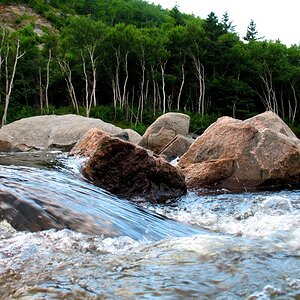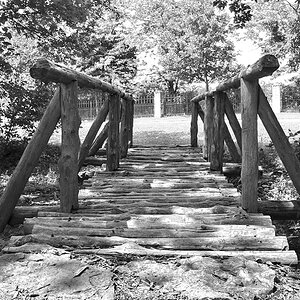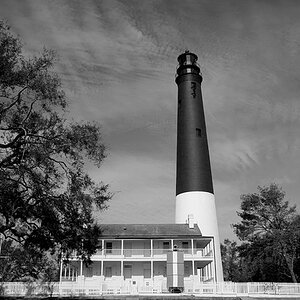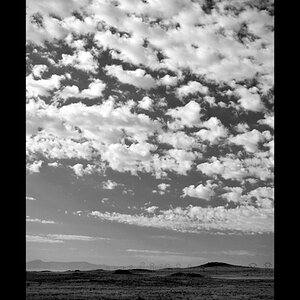Braineack
Been spending a lot of time on here!
- Joined
- Jun 17, 2013
- Messages
- 13,214
- Reaction score
- 5,613
- Location
- NoVA
- Can others edit my Photos
- Photos OK to edit
Ha, we we're planning Costa Rica, but will probably go to Spain and Portugal instead next year.
There's nothing to worry about. Go shoot pictures in EU.
There's nothing to worry about. Go shoot pictures in EU.





![[No title]](/data/xfmg/thumbnail/38/38262-10a9668da9a2b36a92cddde57caf87bc.jpg?1619738547)







